Mock Epic MCQ Quiz : A Mock Epic (also called Mock Heroic) is a special kind of satire in poetry. It borrows the style, form, and conventions of classical epics like The Iliad or The Aeneid, but instead of glorifying heroes and gods, it applies that grandeur to ordinary or trivial subjects. The purpose is to create humor, expose vanity, and criticize social or literary pretensions.
Writers of the 17th and 18th centuries, especially in England, used this form to combine wit with social commentary.
Key Features of Mock Epic
| Feature | Description |
|---|---|
| Grand Style for Trivial Matter | Uses lofty language and epic similes to describe silly or minor events. |
| Invocation and Muse | Begins like a true epic, often calling upon a Muse for inspiration. |
| Formal Battles | Ordinary quarrels are exaggerated into epic battles. |
| Epic Machinery | Inclusion of gods, supernatural beings, or personifications, usually in a humorous way. |
| Moral Satire | Behind the humor, it highlights social weaknesses, vanity, or foolishness. |
Famous Examples of Mock Epics
| Work | Author | Key Details |
|---|---|---|
| The Rape of the Lock (1712/1714) | Alexander Pope | The most famous English mock epic; treats a quarrel over a lock of hair with the grandeur of Homeric epic. |
| Mac Flecknoe (1682) | John Dryden | A biting satire where a dull poet, Thomas Shadwell, is humorously crowned as the ruler of dullness. |
| The Dunciad (1728) | Alexander Pope | Expands Dryden’s idea; a satirical epic on dullness and mediocrity in literature. |
| The Battle of the Frogs and Mice (Batrachomyomachia) | Traditionally attributed to Homer (later parodied by others) | An ancient parody epic about a war between frogs and mice. |
| The Lutrin (1674–1683) | Nicolas Boileau (French poet) | Describes a quarrel among church officials over a lectern in mock-heroic style. |
Importance of Mock Epic
-
Blends Humor with Criticism: It ridicules vanity and folly while entertaining readers.
-
Literary Innovation: Shows how epic form can be adapted for satire.
-
Cultural Commentary: Reflects the concerns, manners, and absurdities of society, especially in the 17th–18th century.
Mock Epic MCQ Quiz of 15 Questions
Discover more from Gyankundli
Subscribe to get the latest posts sent to your email.





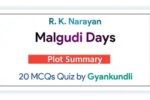

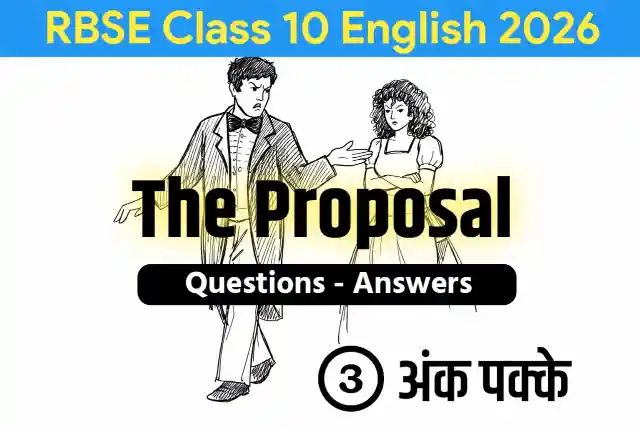
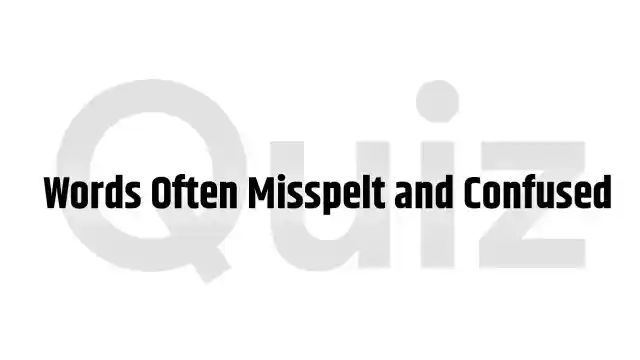

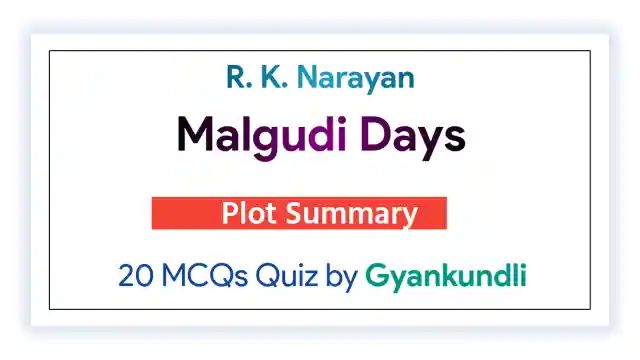
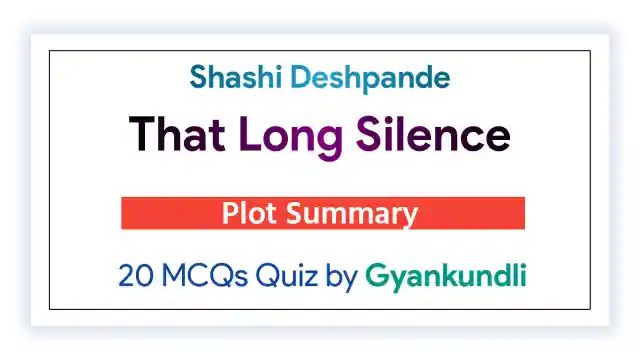
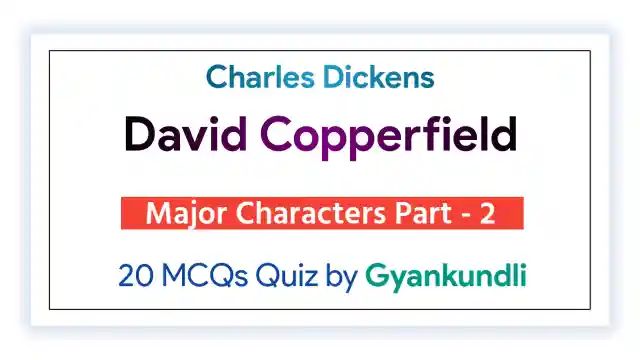
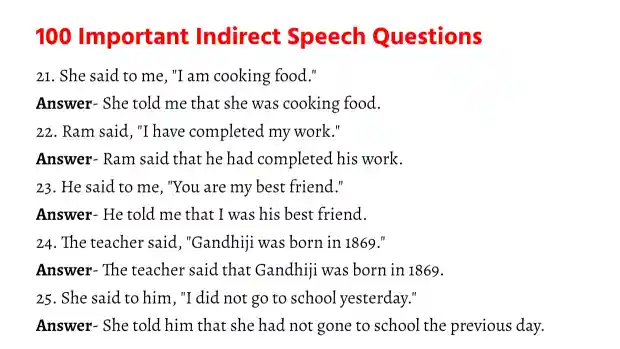



1 thought on “Mock Epic MCQ Quiz : 15 Questions”